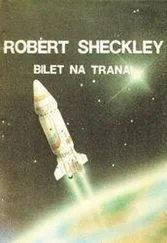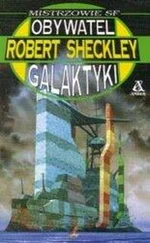Floating in the wonder of enhanced receptivity, he watched the spectacle of distant buildings seen through arched openings. These buildings seemed to float on the water, colored in hues that began to fade even as he looked at them.
Still entranced, he left the vaporetto and walked through narrow streets and across hump-backed bridges, still in an ecstasy. But his pleasure began to give way to a pain in his legs, chronic, attention-getting, which he suppressed by mental directive. And then there was the pounding of his heart, which he suppressed by mental commend. He did this in order to fully appreciate a foreign woman in a Donald Duck T-shirt toss long bronze-colored hair out of her eyes. After that he was eating a pizza with false teeth made whole by determination alone, and then he was walking among the pigeons strutting with impunity along the cobblestones, and after that he was watching a child at a kiosk try on a golden carnival mask of papier-mâché.
At that point he knew he had won a victory over time and illness and loss, won it and still was living. It was time to let up, slow down, retreat from the exhilarating and dangerous heights he had attained, calm down, accept the pain again, get to the train station, find a taxi, get to a hotel room, or, better, to a hospital.
That would have been the wise thing to do. But the godlike being he had created or resurrected inside himself, the all-devouring god of memory who accepted no boundaries, refused to accept the inevitable anticlimax of a return to his mortal state. On the one side was his doctor's warning, backed up by the frugal wisdom of science, which saw each moment mainly as an opportunity to live the next. On the other side he heard mad Nietzsche's voice, speaking as Zarathustra, saying, "Die at the right time."
If a man had to die, what better way to go than at the height of his powers, flooded with brilliant vision? One small part of him regretted only the inconvenience he would be causing others as his body refused any longer to accept the insult or the grace from the overload he was giving it. He collapsed to the pavement.
He was leaving a mess, but he couldn't help it. It was inevitable that in a world built for the living, dying should be an inconvenience to others. But to a man dying, death should be a triumph and a glorious summation of all the best acts, visions, and nuances of his existence, blazing forth now as he descended into the dark mystery that alone made life worth living.







